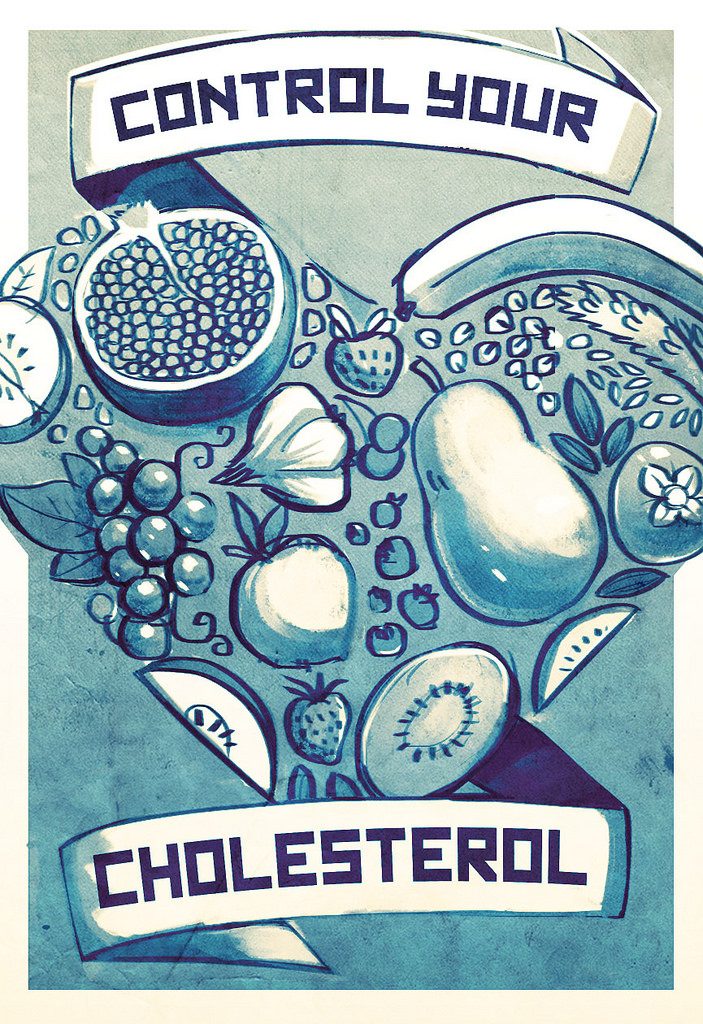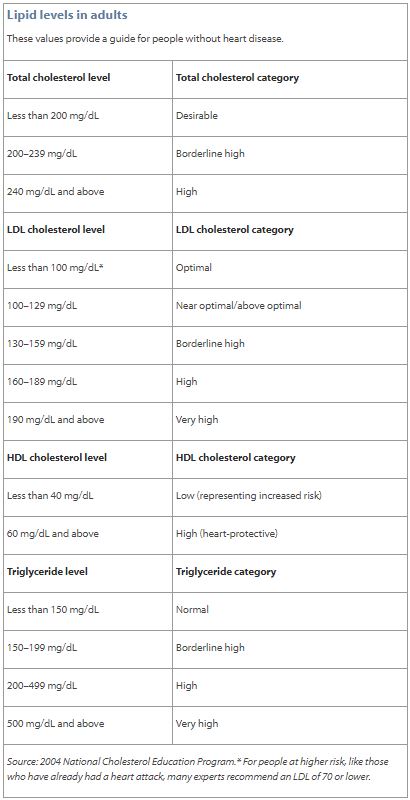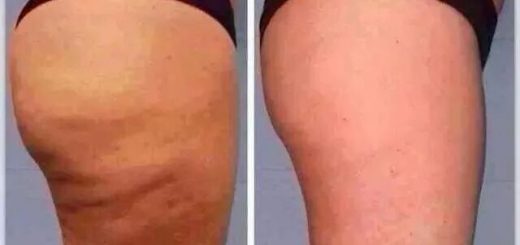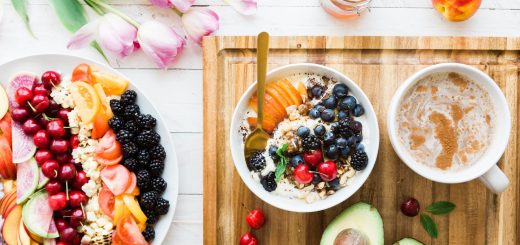3 Natural Ingredients to Unclog Arteries and Control Cholesterol
Healthy arteries carry blood and oxygen to various parts of the body from head to toe. Fast foods and the wrong choice of our daily diet make that we develop clogged arteries. According to the Centers for Disease Control and Prevention, every 40 seconds, someone in the United States is having a heart attack, which could be due to clogged arteries.
How do arteries get clogged?
Plaque builds up on the inner walls of the arteries and blocks the blood flow. The amount of blood and oxygen that moves throughout the body is reduced. Because of this, parts of the body is unable to function properly, which results in damaged organs.
How do I control cholesterol?
There are both good (HDL) and bad (LDL) cholesterol, and it is important to keep these levels balanced to avoid clogged arteries. HDL (the good guy) takes the bad LDL out of your blood and keeps it from building up in arteries. The normal recommendation is to keep HDL levels high at 60 mg/dL (milligrams per deciliter) and LDL (the bad guy) low at less than 100 mg/dL.
HDL = good guy
LDL = bad guy

The table below is an illustration of Lipid levels in normal healthy adults.


So,
you can choose to have a blood test every year to check on your
cholesterol levels.
How do I get the good guy –
HDL?
Some people are blessed with good genetics. Lucky them!
For the rest of us, we can always consume an omega 3 and omega 6
healthy diet, stop smoking and exercise regularly.
How do I get omega 3 & omega 6?
For omega 6, you can consume Hempseed oil, Grapeseed oil or Evening Primrose oil or you can opt for an Evening Primrose oil supplement. There is a specific compound found in omega-6 polyunsaturated fatty acids that can help lower the levels of LDL cholesterol.
For omega 3, you can consume fatty fishes such as salmon, tuna, and sardines, walnuts, Flaxseed oil or you can opt for a fish oil soft gel supplement.
How
much omega should I intake?
Normally,
the two supplements mentioned above tells you on the daily
recommended doses. You
will see on the notice. So,
you can consider if you are in taking the indicated amount of omega
through any of the supplements or foods
mentioned
above, that should be fine. But, you can always consult a dietitian
to follow up on what you should be eating or not.
The
3 ingredients to unclog arteries and control cholesterol
are:
1.
Garlic
2.
Turmeric
3.
Oatmeal
Garlic
helps lower LDL by forbidding cholesterol from clinging to the artery
walls. This prevents blood clots, clogged arteries and in turn, allow
blood to circulate freely. Thus, reducing blood pressure.
Garlic
in food preparations
You
can add garlic to your diet in various ways. For instance, you can
crush ginger and add it to your barbecue, your meat preparations, any
of your salted or spicy dishes. You can also add it to your chili
sauce.
Turmeric
is good for your heart. Turmeric contains a compound known as
curcumin which is an anti-inflammatory and antioxidant that prevents
blood platelets from forming clots. Curcumin relaxes the blood
vessels and reduces the risk of stroke or heart attack.
Turmeric
in food preparations
You can add turmeric in your food
preparations like curry powder. It can also be added to some spicy
fish concoction. I remember one of my Indian buddies at university
who used to drink milk with turmeric every night before going to
sleep. Something Indians traditionally do in their cultures for the
purported benefits of turmeric.
“High intake of
turmeric might not be enough”
Note here that even
a high intake of turmeric might not be enough for you because your
body does not easily metabolize turmeric to get the compound
curcumin. What you can do, is to mix it up with pepper. Pepper
contains a compound known as Pepperine. When turmeric and pepper are
mixed together, the bioavailability of curcumin becomes more
effective.
You can also take a turmeric supplement.
Oatmeal is a high soluble fiber food and is known to be heart-healthy. A 3/4 cup of dry oats contains 3 g of easy soluble fiber. Soluble fiber binds to the cholesterol to unclog it making you digest the cholesterol altogether with the fiber. In doing so, the cholesterol is not absorbed into the bloodstream. Therefore, the bad guy LDL is lowered in your blood.
The
American Heart Association recommends that the total dietary fiber
intake for adults should be between 25 to 30 grams from food and not
supplement! This is how oatmeal became so popular these days.
Oatmeal in food preparation
You can add 1-2
bowls of cooked oatmeal to fresh fruits, nuts, honey, and yogurt to
make it a healthy and appetizing food.
Conclusion
These
3 simple ingredients could help you live a healthy life without
cholesterol complications. Start adding them to your meals as from
now and you will experience the benefits in the longer term.
I
hope this post has opened your mind on ways to deal with clogged
arteries and how to control your cholesterol levels.
Don’t
forget to share your experience in the comment section below.



